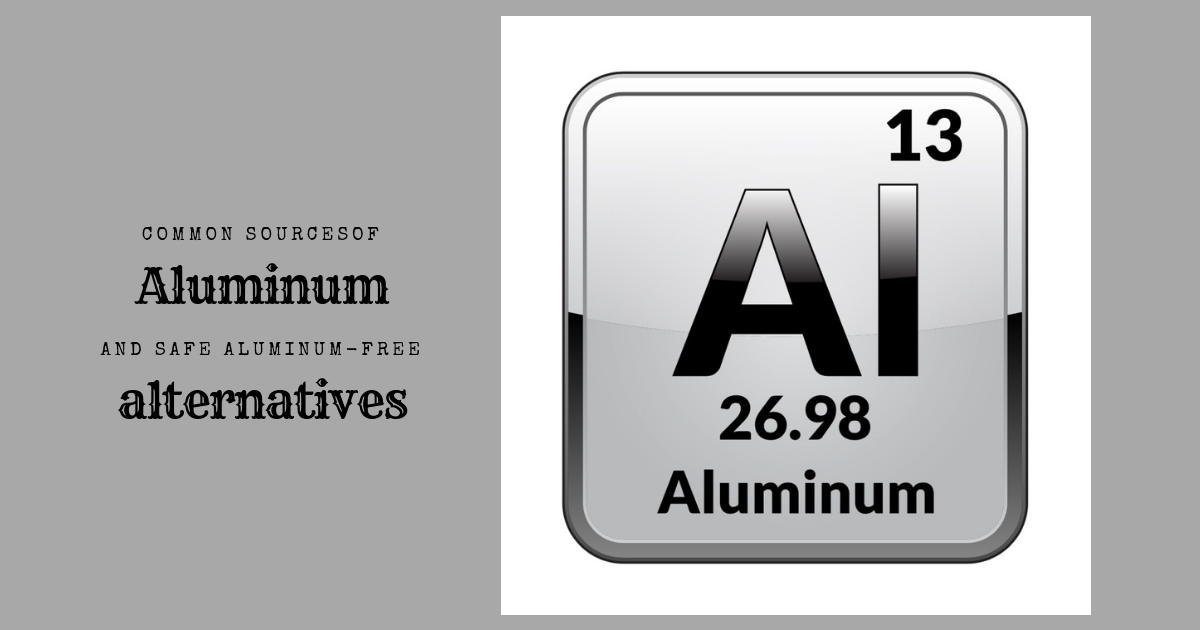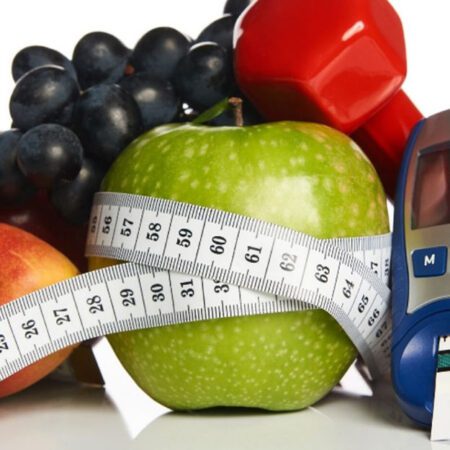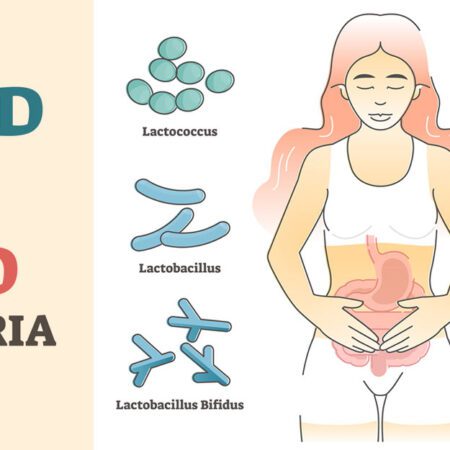Dangers of Aluminum as a Preservative

Aluminum as a Preservative
Aluminum is used as a preservative because it prevents the growth of bacteria, so it can be found in small amounts in many things. It is used as an anti-caking agent in things like salt and flour. It is even used as a drying agent in dog food, and if it is less than ½ of 1% it doesn’t have to be listed in the ingredients.
Common sources of aluminum:
- Aluminum Cans
- Aluminum and non-stick cookware
- Antacids, and many other over-the-counter medications
- Anti-caking agent in table sugar and salt
- Aluminum foil
- Aluminum hydroxide
- Antiperspirant
- Baking powder
- Bleaching agent used to whiten flour
- Chlorine
- Cigarette filters
- Emulsifier in some processed cheese
- Flouride
- Some toothpaste and cosmetics
- Synthroid, as well as many other prescription drugs
- Tap water (aluminum sulphate is used in water treatment plants)
- Vaccines
Aluminum Facts
Unfortunately, the aluminum from tap water is the most easily absorbed into the body, it is more bioavailable, which in the case of aluminum is bad. So even though tap water has less aluminum than food, it is more toxic to the body, because it is more easily absorbed.
According to pdrhealth.com, “The major source of aluminum in foods is food additives, such as sodium aluminum phosphates in cake mixes, frozen dough, self-rising flour and processed cheese, as well as sodium aluminum sulfate in baking powder. Aluminum is found in a number of commercial teas.”
Canada’s Healthy Environments and Consumer Safety branch of government states, “The daily intake of aluminum can be greatly increased for individuals consuming maximum recommended doses of aluminum-based over-the-counter drugs such as antacids and buffered acetylsalicylic acid (ASA). The World Health Organization has estimated that individuals who regularly ingest these aluminum-containing pharmaceuticals may have intakes as high as 5 grams per day.”
Safe aluminum-free alternatives
- Cookware made of
- Surgical grade stainless steel
- Iron
- Glass cookware
- Crockery
- Antiperspirants made of rock salt, tea tree oil, green tea, sage or that say aluminum-free on the label
- Raw Honey
- Sea salt
- Rumford aluminum-free baking powder




